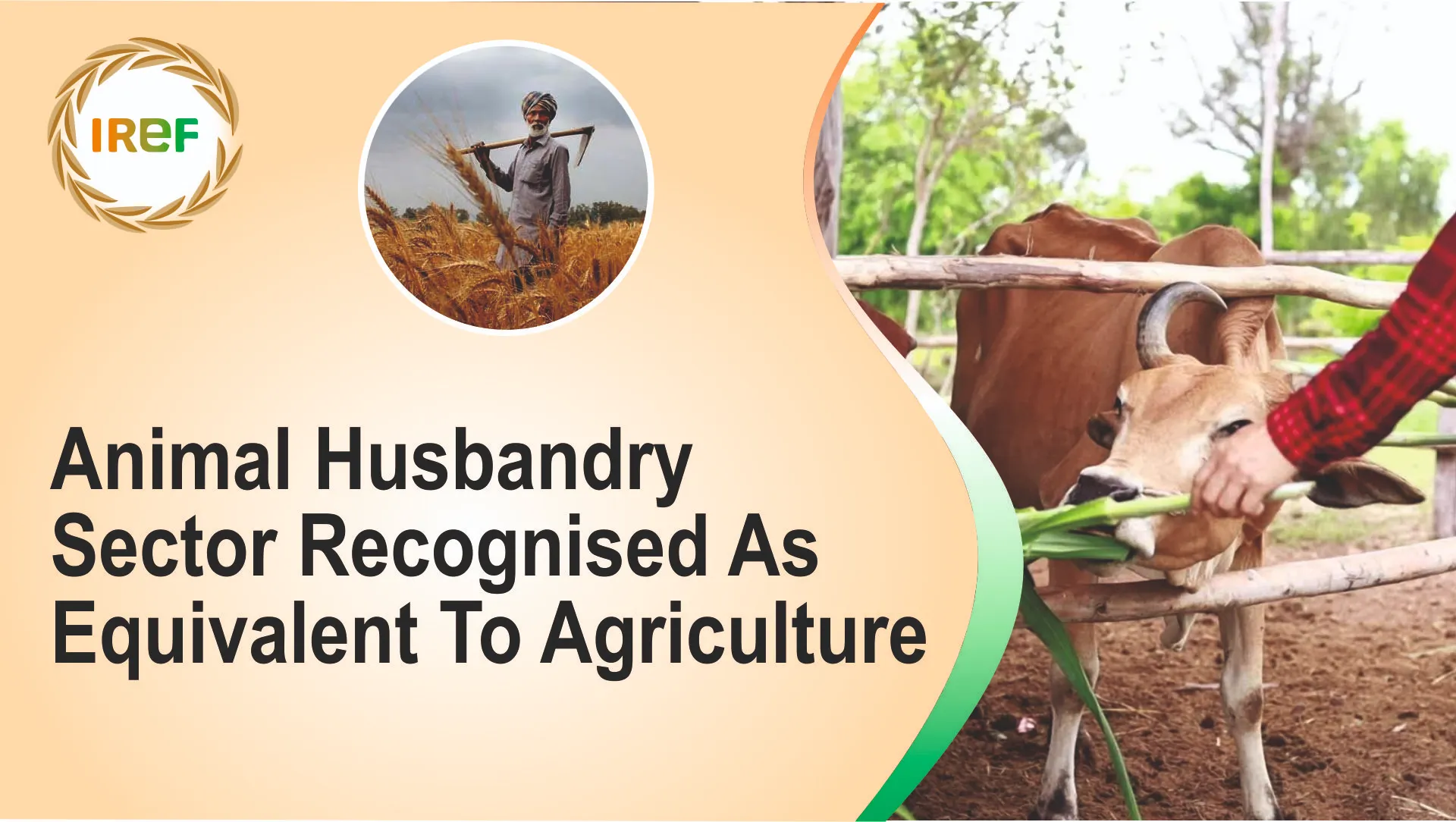Animal Husbandry Sector Recognised As Equivalent To Agriculture

On Thursday, July 31, the Maharashtra government recognised the animal husbandry sector as equivalent to agriculture. A government resolution has also been issued mentioning this decision that will qualify eligible livestock-based businesses with power tariff concessions, subsidies on solar equipment, uniform gram panchayat taxes, and loan interest rebates similar to those given to crop farmers.
The decision coordinates with recommendations by the Maharashtra Economic Advisory Council, which found agriculture and allied sectors as chief growth drivers in its roadmap to achieve a Rs 8.3 lakh crore state economy till 2028.
As per government data, around 12% of Maharashtra's gross income comes from the agriculture sector, along with animal-based produce accounting for 24% of the agri-sector's revenue.
At present, around 60 lakh families are engaged in animal husbandry in the state. According to the 20th livestock census, Maharashtra hosts nearly 1.9 crore cattle, around 1.4 crore bovines and 56 lakh buffaloes.
Officials stated the sector has long suffered from differences concerning electricity rates, low solar subsidies, and higher gram panchayat taxes in comparison to agriculture. Furthermore, he asserted: "By juxtaposing animal husbandry with farming, we anticipate the intense participation, local job opportunities, and investment in modern practices such as group-based livestock farming and value-added processing”.
Nevertheless, breeder poultry units and animal-product processing industries will not be eligible for these benefits, as per the Government Resolution, stating that the main benefits under the new status are power tariff, solar subsidies, tax uniformity, and loan subsidies, at par with the agricultural sector.
Additionally, the Gross Resolution informed that full directions and implementation procedures will be issued separately. Not only this, the resolution follows informal approvals by the state's Planning and Finance Departments earlier this year. This policy alignment comes on the heels of NITI Aayog's 2021 report, which recommended incorporating livestock farming into broader agriculture policy frameworks to improve its contribution to national and state GDP.